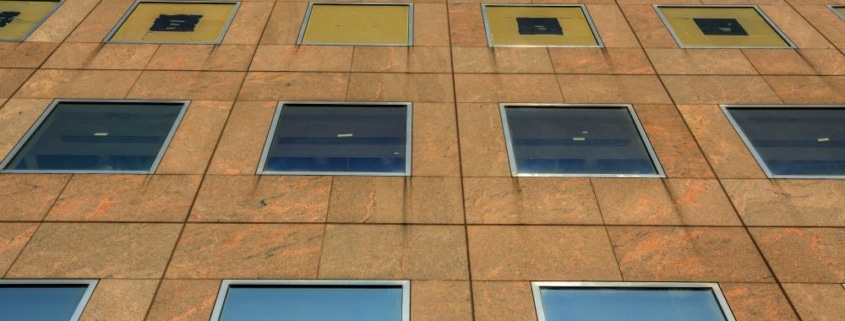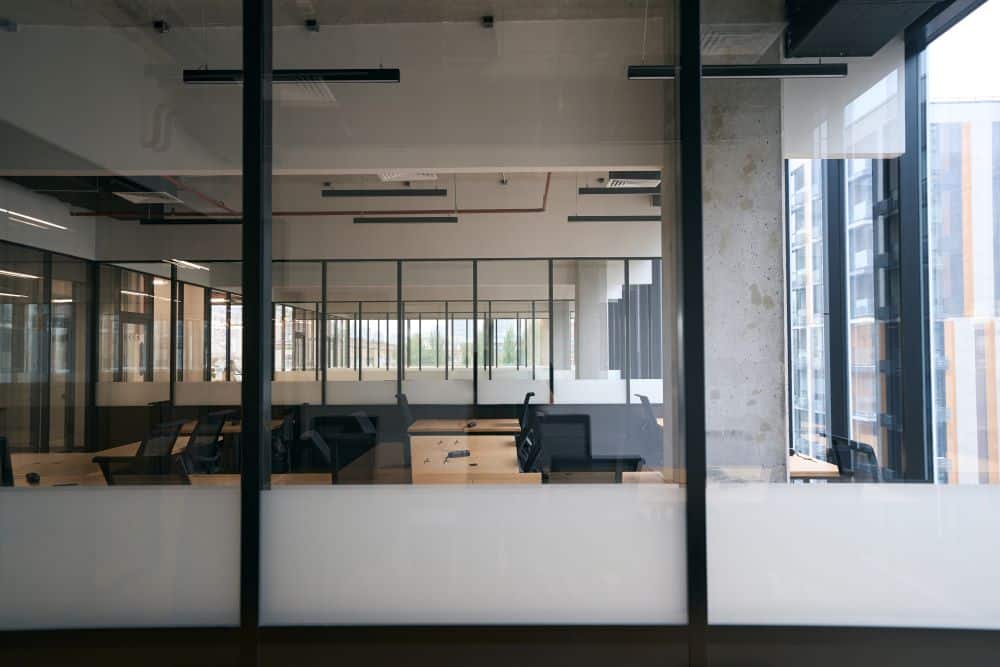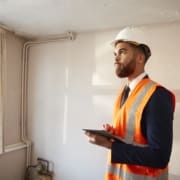Sustainable Practices for Commercial Buildings
Our negative environmental impact can be reduced if only we used sustainable practices for commercial buildings! More importantly, these practices can ensure the health and comfort of the building occupants. Moreover, with increased concern regarding global warming, maximizing sustainability has become a priority.
If you are the owner of a Florida commercial property, new measures have been taken on commercial buildings to limit the effects of climate change.
Sustainable Energy Initiatives
Sustainable energy initiatives have been in higher demand focusing on “high-performance buildings.” This concept emphasizes commercial building practices that are energy efficient, durable, functional, and maintainable. For example, builders will focus on setting minimum requirements for material selection, site usage, water conservation, and energy consumption, enhancing indoor air quality, and optimizing operational and maintenance practices.
Following the Energy Policy Act of 2005, 19 government agencies signed a Memorandum of Understanding committing to federal leadership in designing, constructing, and operating High-Performance Sustainable Buildings.”
Then, all states were required to review and consider adopting a new model of energy efficiency standards, marking a renewed emphasis on energy initiatives.
Top Practices For Sustainable Commercial Buildings
Here are some of the many sustainable practices for commercial buildings:
1. Air Sealing & Insulation
Air sealing reduces leaks in the windows and doors, preventing cool air from escaping and warm air from entering. Sealing saves you money on your AC and heating bills. Insulation in your attic, HVAC ducts, basement foundation, and crawl space prevents pollen and insects from entering your home.
Insulation also offers humidity and noise control while keeping your home cooler and saving you money on your utilities. However, both insulation and air sealing work best when used together to maximize your savings.
2. Sustainable Roofing
With frequent heat waves, sustainable practices for commercial buildings have switched to cool roofs (high heat reflectance) and green roofs (made of vegetation) to provide shade, reducing heat by about 72%. Other lightweight materials, like clay or concrete tiles and metal shingles, are also used in hot climates to reduce heat absorption in commercial buildings.
3. Reduce HVAC Carbon Emissions
In the U.S., HVAC systems emit approximately 117 metric tons of carbon dioxide are emitted into the atmosphere each year. Regular air/filter quality, ventilation, and insulation maintenance limit the system’s strain and decrease CO2 emissions.
Builders also address this issue by using smart thermostats to optimize their systems using a smart hub, which adjusts temperature based on a person’s schedule and behavioral patterns.
4. Smart Building Energy Management Systems
Smart technology for commercial building management is becoming highly beneficial because it allows owners to monitor energy and assets from a single device.
Using these systems helps limit costs and risks while maximizing performance and safety across your operations. Furthermore, smart energy management improves energy efficiency along with the comfort and productivity of commercial building occupants.
5. Use Recycled Materials
For commercial structures, using recycled materials saves on costs for new construction. As a result, this extends the life of each item. Common reused materials include reclaimed wood, brick, plastics, and glass.
6. Water Conservation
Since the water used in office buildings accounts for 9% of total water usage in commercial and institutional facilities, measures have been taken to conserve. One way to conserve water is to install WaterSense shower heads, toilets, and urinals where needed.
For instance, these alternative faucets use about 1.5 gallons per minute from the standard 2.2 gallons, which reduces that fixture by roughly 30% during its lifecycle.
7. Waste Reduction
Waste reduction is a multifaceted approach that includes increasing the amount of recycling for each facility and tracking the amount of waste for each commercial property. You can reduce the waste by monitoring it. Therefore, builders can introduce alternative measures to prevent excess waste.
Commercial Inspection Services in Tampa, Florida
Divinity Inspection Services specializes in commercial inspections to ensure that your properties are built and maintained sustainably. The technicians at Divinity are highly trained to provide detailed information to address any of your questions or concerns.
Connect with an expert, call us or schedule an inspection today!














Leave a Reply
Want to join the discussion?Feel free to contribute!